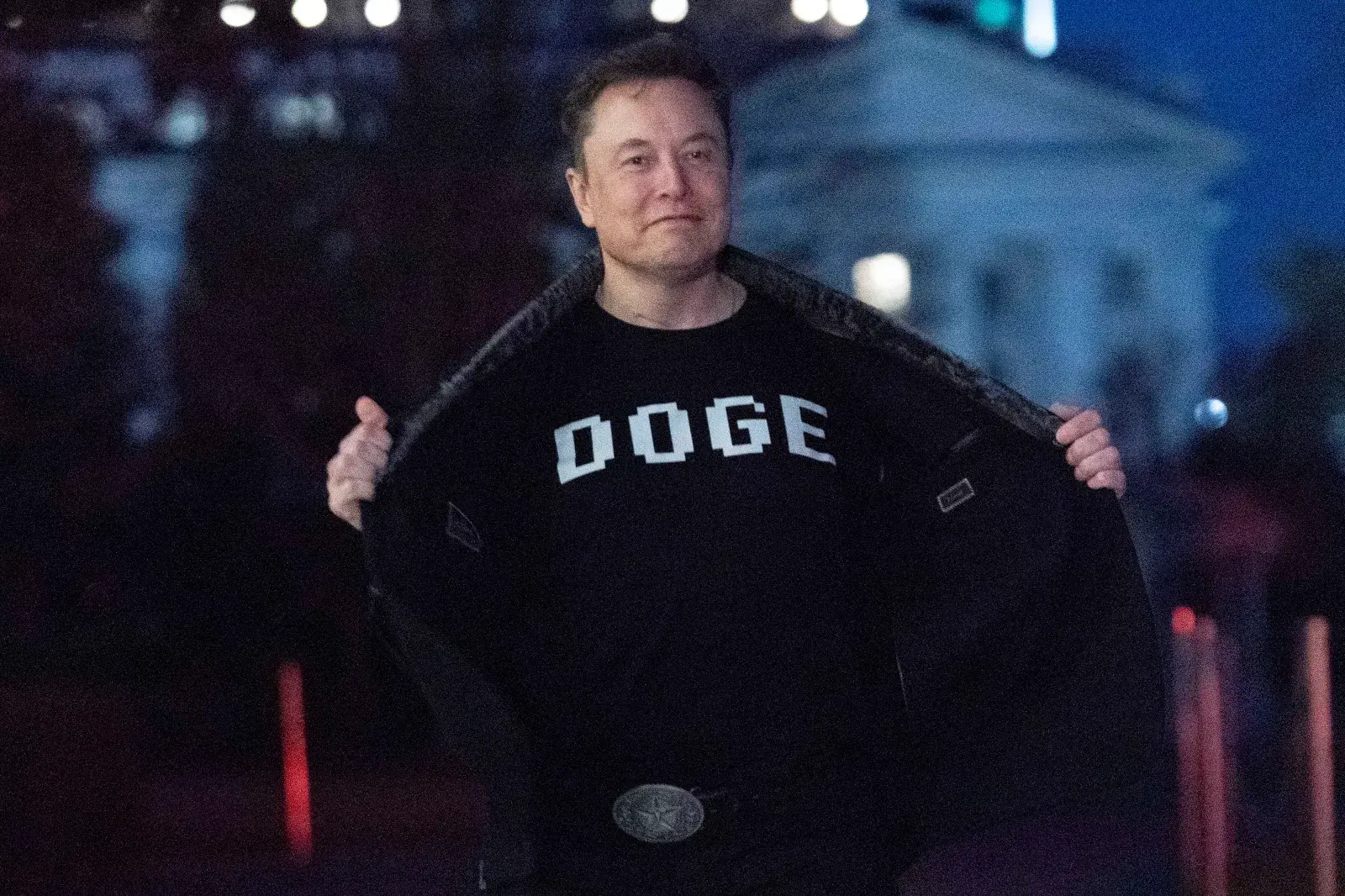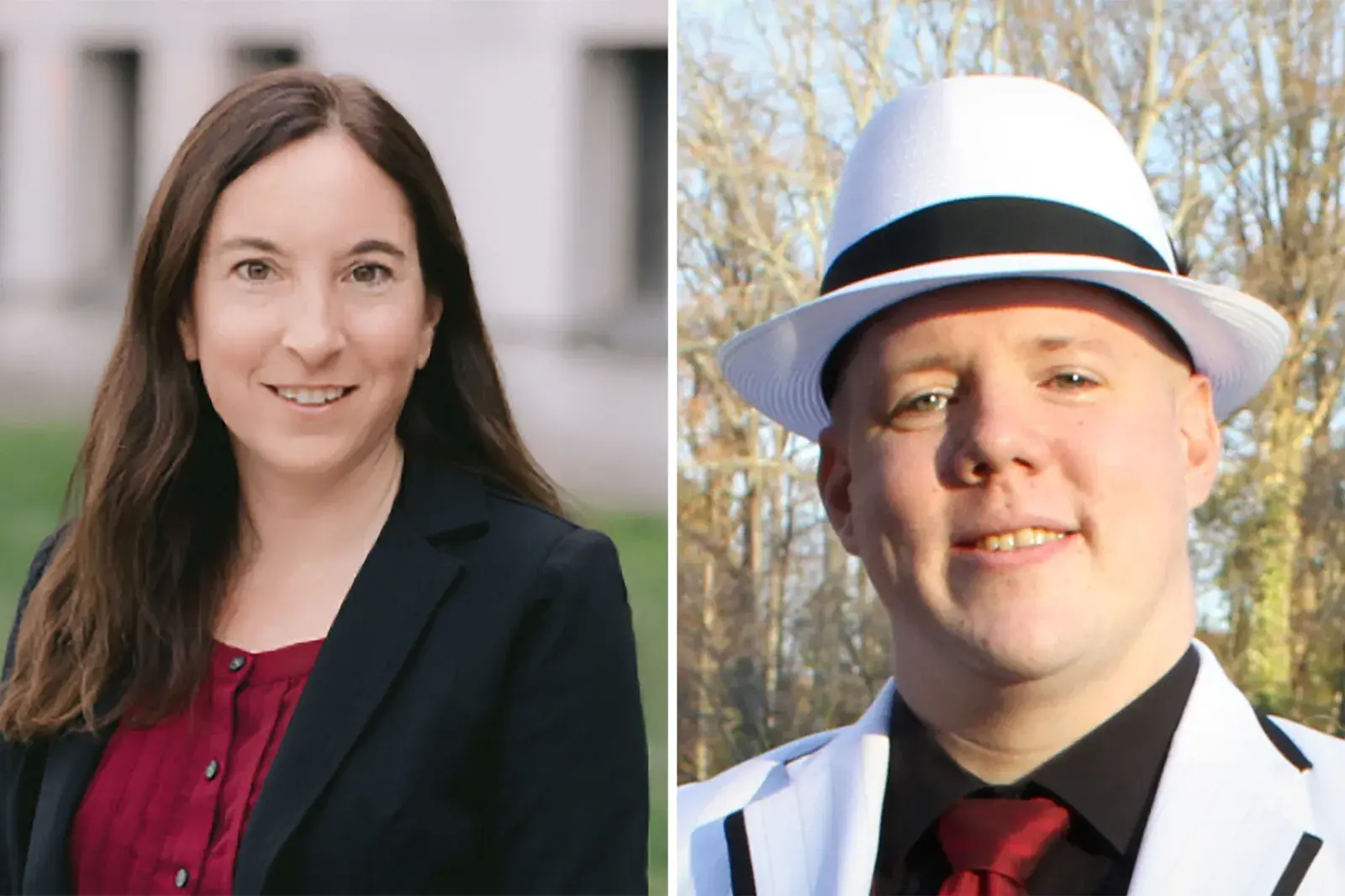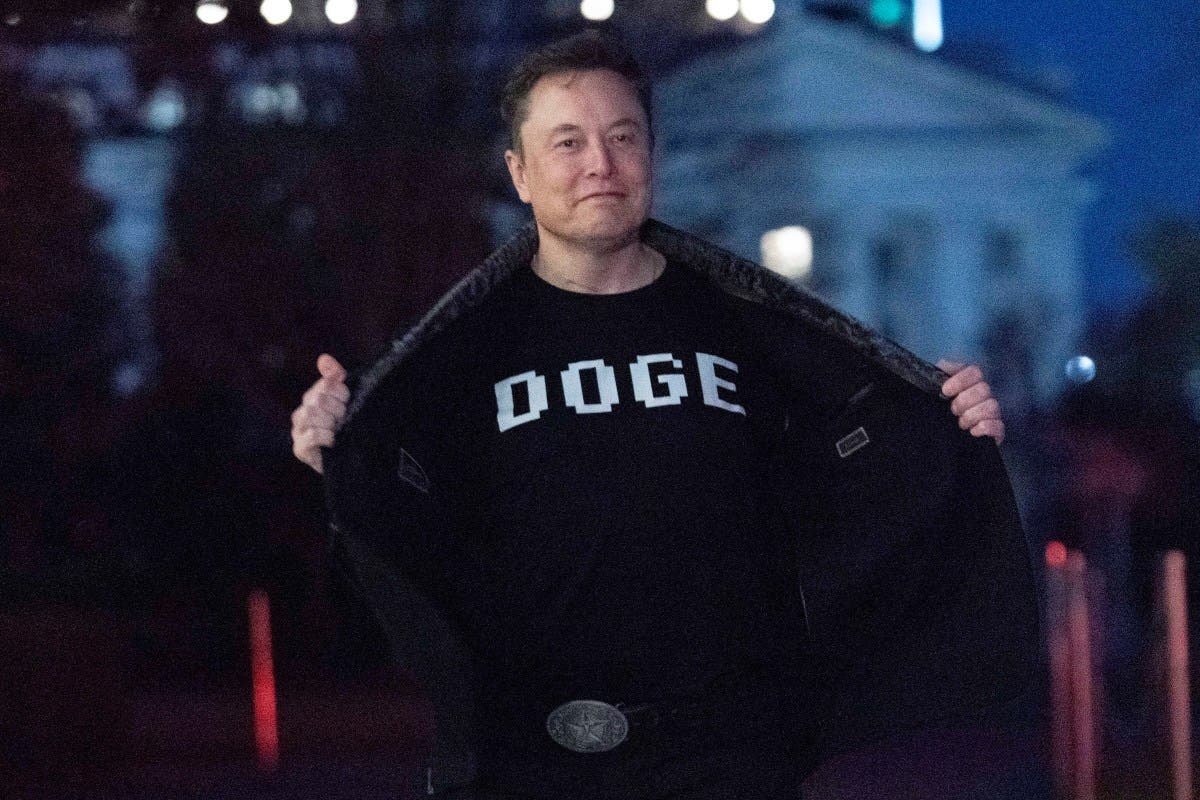A federal judge in New York has ordered the Trump administration to disclose the security clearances held by Elon Musk during his brief tenure leading the Department of Government Efficiency (DOGE), intensifying scrutiny of the billionaire’s unusual role at the center of U.S. national-security operations.
The ruling follows earlier calls from Senator Chris Murphy (D-Conn.) for a federal investigation into whether Musk and his aides were improperly allowed to use private servers to access sensitive or classified government information.
Why It Matters
The decision goes beyond one billionaire’s privacy dispute—it strikes at the heart of how transparent government should be when private power and public authority overlap. By ordering disclosure of Musk’s clearances, the court set a precedent limiting the government’s broad use of “personal privacy” to shield politically sensitive information.
The case raises urgent questions about accountability, national security, and the influence of unelected business figures inside the federal system—and whether Americans have a right to know what secrets they’re being trusted with.

What To Know
The October 8 ruling by U.S. District Judge Denise Cote came in a Freedom of Information Act lawsuit filed by The New York Times and reporter Neil Bedi against the Defense Counterintelligence and Security Agency (DCSA).
The newspaper sought a two-page document listing any clearances granted to Musk and their “extent and purview.”
The DCSA refused, citing FOIA Exemptions 6 and 7(C), which protect personal-privacy interests.
Judge Cote ruled that those concerns were outweighed by the public’s right to know. “The public has an interest in knowing whether the leader of SpaceX and Starlink holds the appropriate security clearances,” she wrote.
She found that Musk’s own statements—saying at a 2024 town hall that he possessed a “top-secret clearance” and later posting on X, “I’ve had a top-secret clearance for many years and have clearances that themselves are classified”—diminished his privacy claim.
The judge also cited Musk’s widely viewed posts about personal matters relevant to clearance criteria, including his admission that he used the controlled substance ketamine and that he had spoken once with Russian President Vladimir Putin.
“Musk’s numerous public statements regarding his own drug use and contacts with foreign leaders only enhance the public interest in disclosure,” Cote wrote.
During a February 3, 2025, White House briefing, CNN chief correspondent Kaitlan Collins pressed press secretary Karoline Leavitt on whether Musk had undergone a background check or received any form of security clearance to operate within the government.
“Can you confirm that Elon Musk is a special government employee?” Collins asked. “And what kind of security clearance does he have?”
“I can confirm he’s a special government employee,” Leavitt replied. “I can also confirm that he has abided by all applicable federal laws. As for his security clearance, I’m not sure, but I can check back with you.”
“Did he pass a background check, do you know?” Collins continued.
“I don’t know about the security clearance, but I can check,” Leavitt repeated.
Leavitt was also unable to say whether members of Musk’s team—mostly young aides between 19 and 24 years old—had obtained their own clearances. “I don’t, no, but again, I can check on that for you,” she said.
The government now has until October 17 to propose redactions before releasing the document.

Balancing Privacy and Transparency
Newsweek approached legal experts for their opinion on how the decision may underscore how courts weigh privacy against accountability in cases touching on national security.
“This case is really just about the privacy exemptions,” said Professor Margaret Kwoka of Ohio State University’s Moritz College of Law. “Obviously, there are security implications because of the subject matter, but what’s at issue here is Elon Musk’s personal privacy.”
She added that the court “was being a very honest broker in balancing these interests … even where there are privacy interests, they’re greatly diminished when the person whose interests are at stake has already spoken publicly on the subject matter.”
Kwoka told Newsweek that while the ruling does not create new doctrine, it “sets an important precedent by providing an example of really taking a hard look at whether these privacy interests are significant in the circumstances.”
She added, “We are facing right now an administration that is really fighting quite hard to not subject itself to normal transparency measures. Rulings like this are significant when the courts are requiring a certain amount of disclosure to the public about how the administration is operating.”
A Challenge to Secrecy Norms
Kel McClanahan, executive director of National Security Counselors, called the decision “a solid rejection of the government’s longstanding position that literally anything about the security-clearance process is exempt from FOIA.”
He told Newsweek: “They have decided that the things that worked for them there are a good idea to implement in the federal government. The problem is that the federal government, or any government, for that matter, does not function like a business, and it literally cannot function like a business.”
What People Are Saying
U.S. Sen. Susan Collins (R-ME) in a June 5, 2025, statement introducing legislation on transparency in security clearances: “The security clearance system is critical to protecting our country from harm and safeguarding access to our most classified information. Americans should have the utmost confidence in the integrity of the security clearance process.”
U.S. Senator Chris Murphy (D-Conn.) in a February 11, 2025, Senate letter demanding investigation of Musk’s access to government data, emphasizing constraints on special-employee status: “While the designation absolves Musk and his aides of some government requirements that apply to most federal employees, it does not absolve them of all obligations, nor does such a designation afford Musk and his aides carte blanche access to government data and servers.”
Mark Zaid, national security attorney and transparency advocate, paraphrasing Justice Potter Stewart in his article ‘Too Many Secrets’ (first published March 27, 2003), said: “When everything is classified, then nothing is classified.”
What Happens Next
The government has until October 17 to propose redactions to the two-page list before its release. Legal experts expect the Justice Department to appeal to the Second Circuit—and possibly the Supreme Court—potentially delaying disclosure for months.
Even if released, the document will likely show only the types and scope of Musk’s clearances, not classified material, but could clarify how much access he had to national-security information as head of DOGE.
